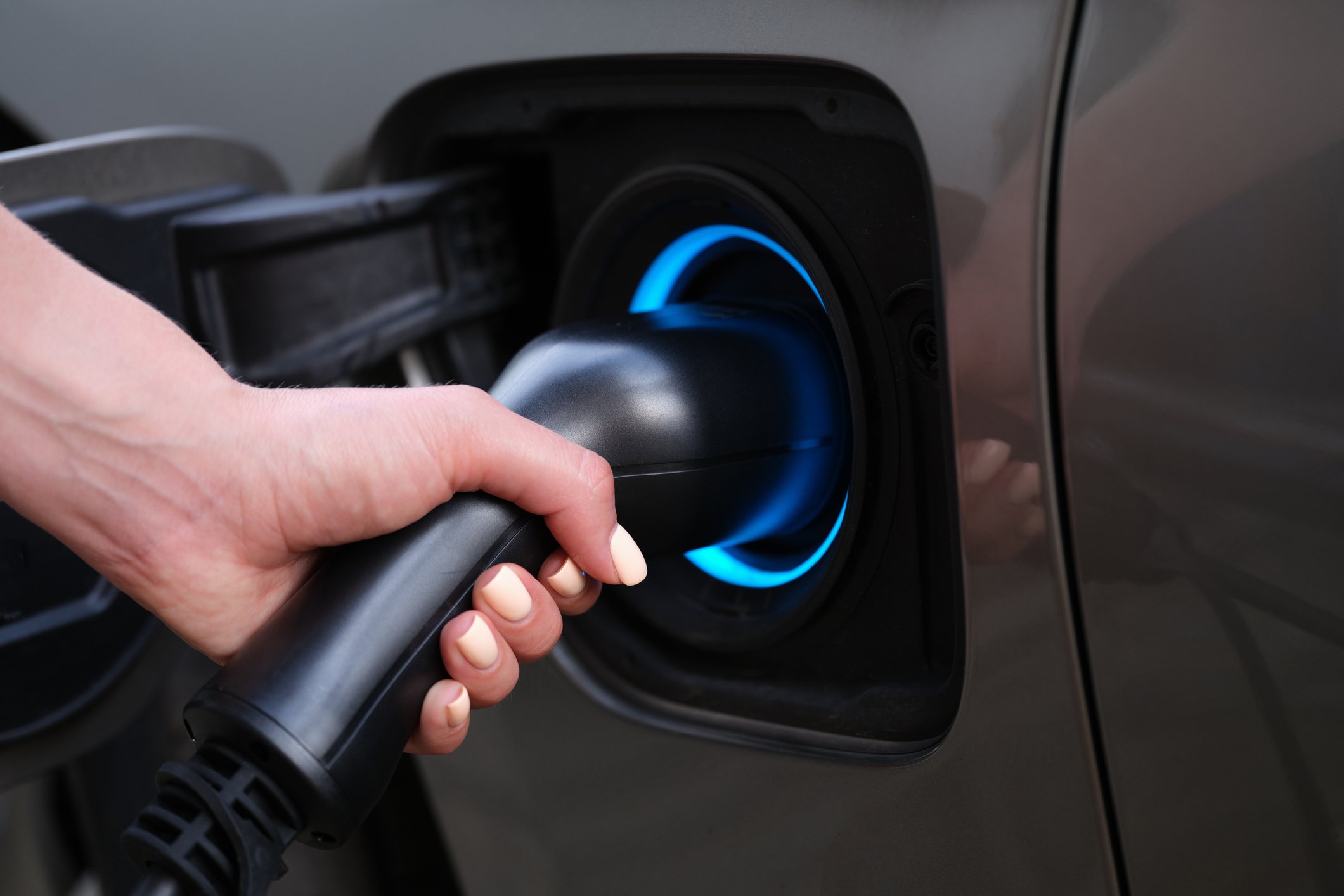
The success of Tesla's stunning Model S sedan has the German luxury-car makers scrambling. Will their responses be enough to hold back the Silicon Valley automaker's growth? Source: Tesla Motors
When Silicon Valley's Tesla Motors (TSLA 0.28%) first went public, many analysts, including the Fool's own John Rosevear, expected the company to face fierce competition if it was successful. A boom in sales for Tesla, the thinking went, would lead to a raft of competitive vehicles from the established global automakers. With their much greater economies of scale, it seemed obvious that the big automakers would squash Tesla's profit margins -- if not the innovative electric-car maker itself.
So far, though, that hasn't happened. While most of the big automakers say they are watching Tesla with interest, there's little evidence that a new wave of battery-electric cars is being rushed to market. On the contrary: Some of the biggest names in the business, including Toyota (TM +2.30%), are actually moving away from the technology and toward alternatives such as hydrogen fuel cells.
But one group of automakers is taking Tesla very seriously, and that's the German luxury brands BMW (BAMXF 6.12%), Daimler's (DDAIF 2.92%) Mercedes-Benz, and VW Group's (VLKAY 2.68%) Audi. It's easy to see why: In terms of price, performance, features, and brand cachet, Tesla is competing squarely on their turf.
But will they really be able to slow Tesla's growth? In this video, Motley Fool senior auto specialist John Rosevear looks at the latest green-car plans from Audi, and wonders if the company is aiming far too low in its efforts to compete with the surging California upstart.
A transcript of the video is below.
John Rosevear: Hey Fools, it's John Rosevear, senior auto specialist for Fool.com. Way back when Tesla Motors first went public, I thought that if Tesla proved to be successful that it would just be a matter of time before the global automakers swooped in with premium battery-electric cars to compete with Tesla's Model S.
But somewhat to my surprise, and I think to Tesla's surprise, that hasn't really happened yet.
I've asked executives at Ford and General Motors about Tesla, and they always say they're watching Tesla with interest, but aside from some hints that GM is planning a battery-electric Cadillac we haven't seen much of an effort to push more aggressively into battery-electric cars from either of them.
And Toyota, which is the world's leader in hybrid cars, is actually moving away from battery electrics and working on hydrogen fuel cells instead. But Tesla has gotten the attention of one group of automakers, and that's the German luxury brands. Tesla is of course playing on their turf, the Model S competes head-on with cars like BMW's 5-Series and Audi's A6, and with Tesla planning a luxury SUV and a smaller sedan -- and with Tesla selling every car it can make, with plenty of orders for more -- we've seen the German brands making moves to try to defend their turf. BMW has introduced the compact i3 and the i8 sports car, both of which are innovative lightweight plug-in hybrids, and now Audi is working on its own set of plug-ins.
Audi is launching its first plug-in hybrid in Europe shortly, it's a version of the A3 wagon called the A3 Sportback E-tron, and it'll come to the U.S. and China next year. Audi CEO Rupert Stadler said recently that the A3 E-tron will be followed by plug-in versions of the Q7 SUV, the big A8 luxury sedan, and a long-wheelbase version of the midsize A6 that is sold in China.
But it's interesting that Audi is taking the same position that Ford and other big automakers have taken, that plug-in hybrids are a better choice than full-on battery-electrics because they don't face the range constraints of battery-electric vehicles.
Of course Tesla has addressed the range problem by building a great car around a battery pack that is big enough to give the car a 250 mile range. But the advantage that Audi's approach has is that they can easily scale production up or down to meet demand. BMW's i-Series models are built in special factories using special techniques, but the plug-in versions of vehicles like the A3 and Q7 will be built on Audi's regular assembly lines. The disadvantage is that they aren't as special, the A3 E-tron looks like a regular A3 wagon, and Toyota's experience with the Prius has shown that green vehicles sell better and are more appealing to buyers if they look distinctive.
It's going to be interesting to see if Audi's plug-ins manage to blunt Tesla's edge. I think the one to watch will be the plug-in version of the Q7 SUV due next year, it'll be interesting to see data on whether people looking at Tesla's new Model X SUV actually cross-shop it with the Audi or not, that'll tell us a lot about whether this is actually going to work. Thanks for watching.










